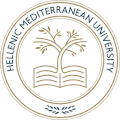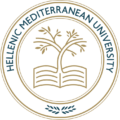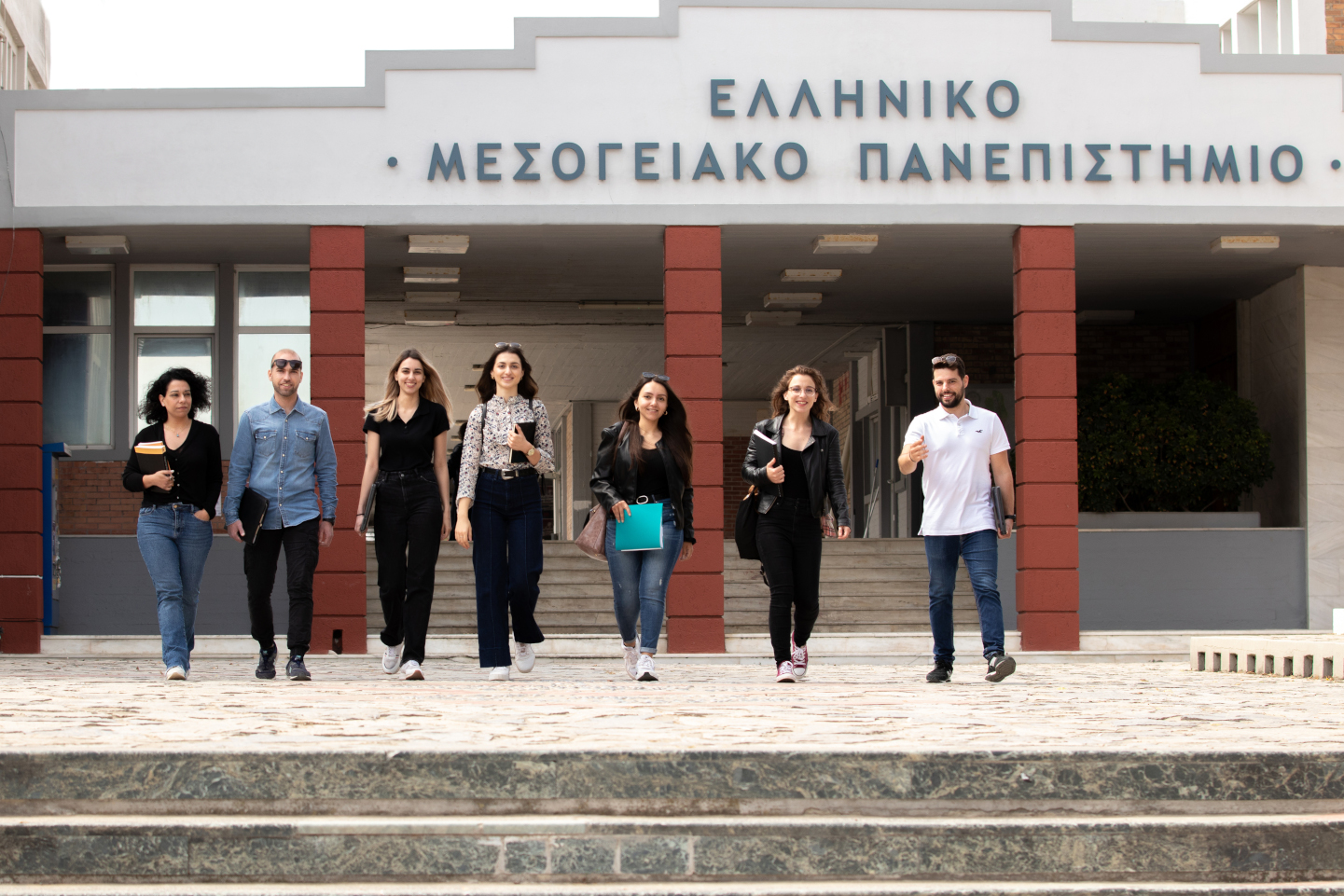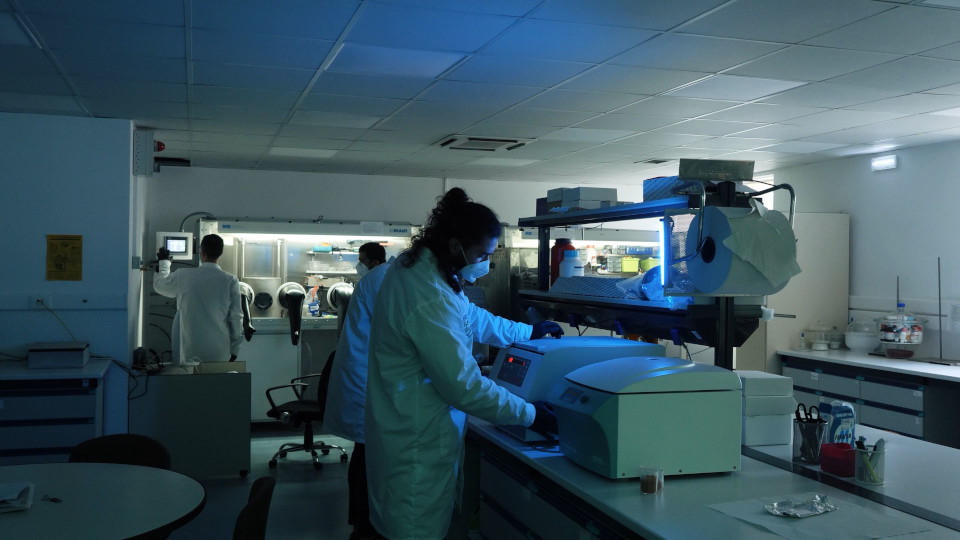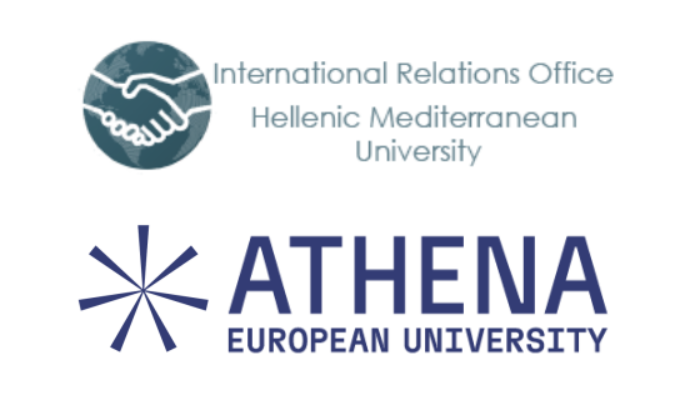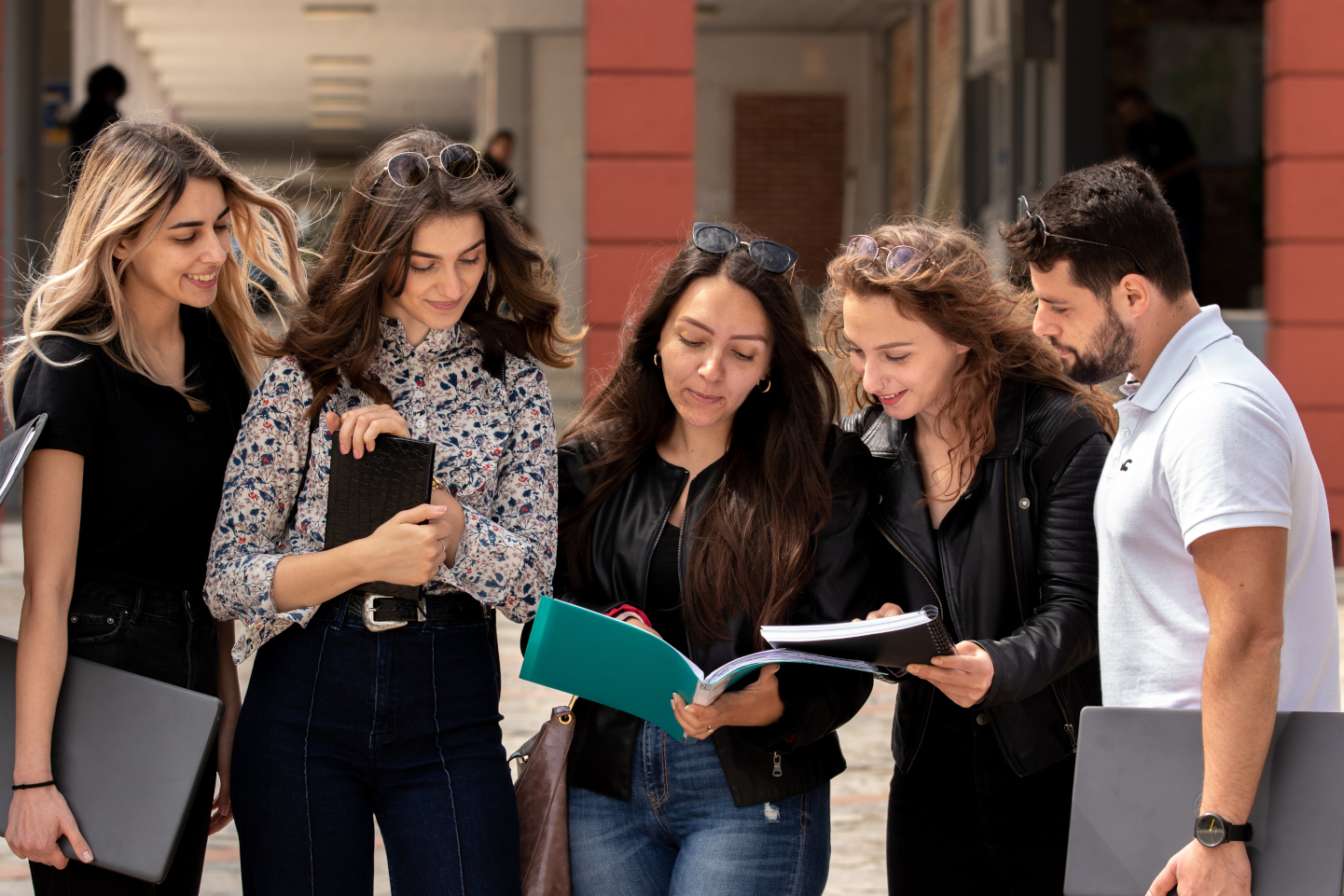Following the competitive call for proposals for the Transportation Infrastructure, Environment, and Sustainable Development Business Program and Priority Axis 14 regarding the “Preservation and Protection of the Environment – Promotion of the Efficient Use of Resources”, which is co-funded by the Cohesion Fund and the 2014-2020 Partnership Agreement for the Development Framework (PA), and focuses on Action 14.6iv.33.33.1: “Upgrading and modernizing interventions for the promotion of science – cultural – environmental parks”,
the proposal of the School of Agricultural Sciences of the Hellenic Mediterranean University titled:
“CretAgroTech: The Science-Environmental-Cultural Park of the Hellenic Mediterranean University’s Farm”
was approved (No. MIS/OPS-PA 5002026).
This proposal received an excellent grade of 65.3 and was among the first 5 proposals out of 20 that were funded in total (the score of the first proposal being 67.4 and that of the last proposal being 44.1, as announced in document with Ref. No. 4422/21-03-2017 of the “Transportation Infrastructure, Environment, and Sustainable Development” Business Program). This grand project aims at further utilizing the infrastructure and untapped areas of the Hellenic Mediterranean University Farm, as well as making them accessible not only to undergraduates, graduates, and the Teaching and Research Staff of our University, but also to all potential visitors coming from Crete or Greece or other countries. This Project has a final total budget of €994,869.11 (including VAT €192,555.31) and its two-phase implementation plan has already been set in motion through the following Subprojects:
Phase A:
SUBPROJECT 1: Botanical Park Study for CretAgroTech
This Subproject has already been launched after the authorization of a low-value (accelerated) tender for conducting a technical study, a precondition for the implementation of Subproject 2 (as per Guidelines).
SUBPROJECT 1 Deliverables: Technical Study (issues and drafts) of the CretAgroTech Botanical Park. Tender documents regarding the subcontractor’s contract for Subproject 2.
Duration of Subproject 1 Realization Process (Months): 6
Phase B:
SUBPROJECT 2: Botanical Park Landscaping
This Subproject will be implemented by awarding a contract through an open tender procedure according to Law 4412/2016, and will include (after the unification of the former subprojects 2 and 3) construction of essential infrastructure for visitors and cultivation of rare endemic species of the Cretan flora and aromatic and medicinal Cretan plants.
SUBPROJECT 2 Deliverables: The Botanical Park “CretAgroTech” in full operation and open to the public, according to the Study conducted in Subproject 1.
Duration of Subproject 2 Realization Process (Months): 24+6 (Includes the implementation of Subproject 3 which was practically incorporated in Subproject 2 after their unification).
SUB-PROJECT 4: Laboratory equipment for vineyard propagation
This Subproject will be implemented via tendering process (procurement) and will involve acquiring equipment necessary for Subproject 5.
SUBPROJECT 4 Deliverables: Necessary laboratory equipment supply, i.e. a) Horizontal laminar flow cabinet, and b) In vitro seedling germination bench, made of aluminum, with adjustable support, and irrigation and heating automation.
Duration of Subproject 4 Realization Process (Months): 3
SUBPROJECT 5: A test vineyard for demonstration purposes
This Subproject will be implemented through an open tender, according to Law 4412/2016, and will involve the provision of vaccination services, sanitation and reproduction of propagating material, as well as vineyard installation.
SUBPROJECT 5 Deliverables: A properly maintained test vineyard for demonstration purposes.
Duration of Subproject 5 Realization Process (Months): 44
SUBPROJECT 6: Mechanical equipment for a micro-winery open to visitors
This Subproject will be implemented through the announcement of a low-value (accelerated) procurement tender, and will involve upgrading the existing micro-winery unit of the School of Agriculture by supplying with equipment necessary for demonstrating the production process.
SUBPROJECT 6 Deliverables: Procurement of micro-winery mechanical equipment, such as refrigerator, tanks, winemaker, indoor air compressor, pneumatic press, oak barrels, and semi-automatic filling machine for wineskins and glass bottles.
Duration of Subproject 6 Realization Process (Months): 3
SUBPROJECT 7: Irrigation water management equipment for biological treatment and liquid waste
This Subproject will be implemented via tendering process (procurement) and will involve supplying the park with irrigation equipment that uses the effluents (treated water) produced through biological treatment of wastewater, as well as other wastewater treatment units that already exist for demonstration purposes.
SUBPROJECT 7 Deliverables: Procurement of equipment, such as wastewater pumps, digital wastewater flowmeters, online meters with digital screens and metal non-slip platforms.
Duration of Subproject 7 Realization Process (Months): 3
SUBPROJECT 8: Marketing plan for the “CretAgroTech” Park
This Subproject will be implemented through the announcement of a low-value (accelerated) supply tender, and will involve a marketing plan for the promotion of the Park and its services (after its completion), in order to maximize impact and outreach to the local community and beyond.
SUBPROJECT 8 Deliverables: Marketing Plan for the CretAgroTech Park
Duration of Subproject 8 Realization Process (Months): 5
Highlighting the Necessity and Urgency of the Project:
Crete is an island with four large mountain areas that cover most of its surface. It is known for its rich and interesting flora, numbering more than 1,800 species and subspecies of plants, 220 of which are endemic. One third of the endemic plants of Crete are endangered or on the verge of extinction. The richness of the Cretan flora is attributed to the geographical location of the island, its geological history, and the variety of climatic conditions it exhibits. Moreover, the continuous landscape variations, from mountains to gorges and islets, bring a variety of unique habitats. 55 of the 109 habitat types that can be found throughout Greece, recorded by Natura 2000, are located in Crete. However, even though approximately 1/3 of all Greek plant species grow on the island, there is no well-organized botanical garden to collect them. The Cretan endemic plants are protected by Greek Law (Government Gazette 23/Α/30-1-1981) and cataloged by various organizations and nature protection programs. Some rare species can be found in Greek botanical gardens, but none of them has gathered all the native and endemic plants of Crete. The purpose of this project is to cultivate and display the flora found in the lowland, semi-mountainous and mountainous areas of Crete, and thus contributing to the rescue, preservation, and display of rare and endangered native and endemic unique species of the Cretan flora, within the scientifically controlled environment of the Botanical Park.
Innovative Aspects of the Project:
The project includes innovative features making the Park very appealing to visitors, such as:
– planting native plants of all sizes, all representative of the Cretan natural ecosystems;
– producing miniature versions of the flora, the grasslands, and forest areas of the island;
– collecting micro-plants from nature and then reproducing them in the Floriculture Laboratory of the School of Agricultural Technology, or from areas where the Forest Service carries out deforestation to create firebreaks;
– reusing the biologically treated liquid waste of Heraklion and the recycled water produced through tertiary treatment for irrigation purposes;
– applying innovative methods for the collection of endemic plant varieties and create the Vineyard of Indigenous Plant Collection for display and the New Vineyard for visitors;
– organising a Phytosanitary depository for each vine biotype, put to immediate use in the test vineyard of indigenous wine varieties;
– effective energy saving through smart lighting management systems.
The Contribution of the CretAgroTech Project towards Specific Objectives:
CretAgroTech is a project that will create momentum in an Academic Institution such as the Hellenic Mediterranean University (former TEI of Crete), and especially its School of Agriculture, the only School of its kind in Crete. It contributes to the promotion of the natural, cultural, and tourist capital of the region, as well as its scientific aspect. It is directly related to the community, as it focuses on the perpetuation of the island’s cultural heritage through preservation and promotion of agri-food habits associated with the Cretan diet and flora. It creates stronger bonds with society in matters of innovation, education, culture, and environmental awareness. It directly contributes to the promotion of the region’s idiosyncrasy and its particular cultural and environmental characteristics, as well as in raising environmental awareness, and indirectly, to the financial revitalization of local businesses by creating motivation and conditions for scientific interaction with agricultural and wine-producing companies. In addition, the scope of this project exceeds the limits of the Municipality of Heraklion, where it is based, and outreaches the whole of Crete to its unique features.
Expected Benefits / Target Population:
1. Protection and preservation of the Cretan flora and species threatened by extinction – preservation of genetic material;
2. Study of plant bio-ecology and research of the aromatic-medicinal and ornamental properties of plants, as well as reproduction and cultivation of wild edible plants;
3. Scientific collaboration between national and international institutions;
4. Improvement of the natural environment;
5. Promotion of environmental awareness and education to citizens and students;
6. A new open space for recreational activities and environmental education;
7. Attracting local and international visitors;
8. A “green lung” on the outskirts of the city of Heraklion;
9. Improvement of the area’s microclimate (temperature reduction, increase of air humidity, air pollution reduction);
10. The entire Botanical Park will become a paradigm in terms of recycling, limited use of chemicals (environmentally friendly only) and energy, rational water management, and sustainability.
